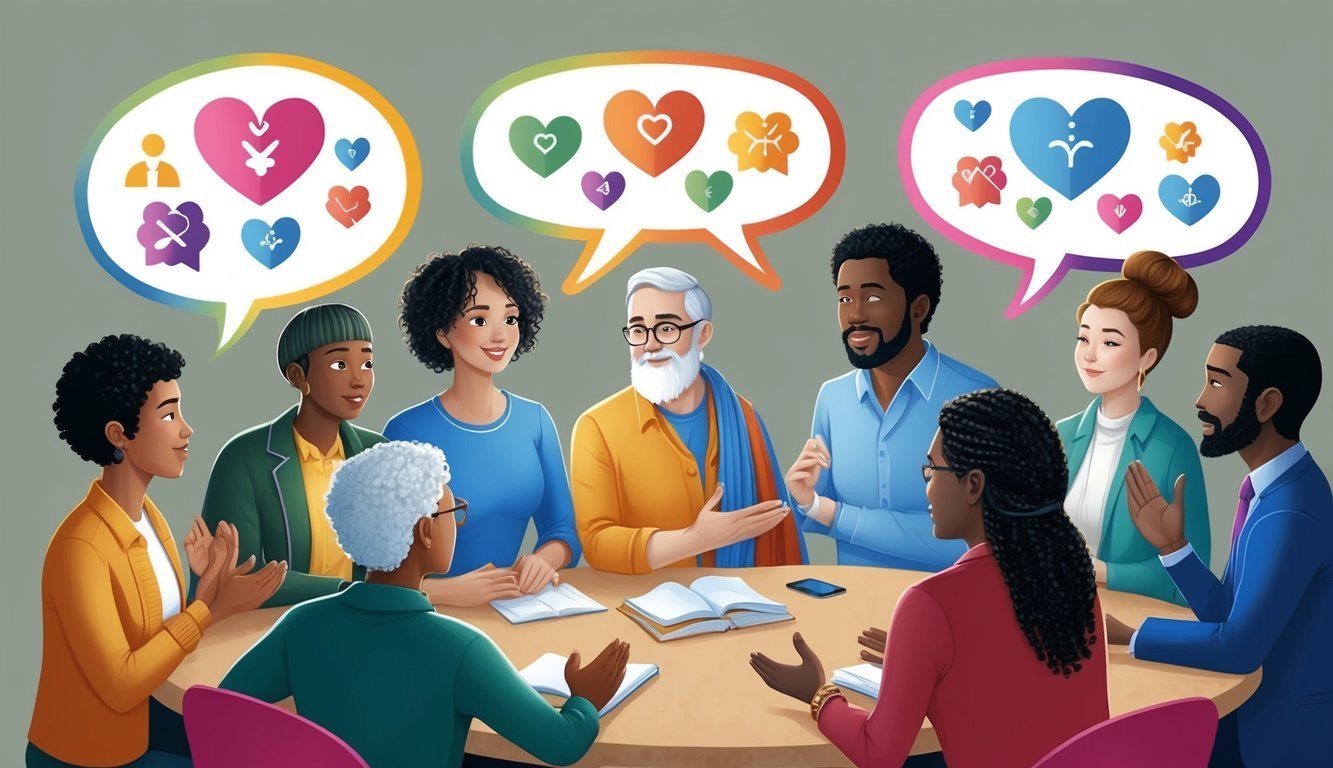Understanding the ‘Karen’ Stereotype
In the past few years, the name “Karen” has become synonymous with entitlement and privilege, often invoked to describe a certain type of behavior in middle-aged white women.
You know the stereotype: the person who escalates trivial grievances, whether it’s demanding to speak to a manager or voicing complaints over minor inconveniences.
This label has received a lot of media coverage, but it oversimplifies a more complex issue.
Finding fault with people’s behavior is certainly important, but labeling someone as a “Karen” doesn’t really get to the heart of the matter.
Not only is this stereotype unfair to those who share the name, but it can also carry connotations that many find to be sexist, ageist, or even racist.
Insights from Recent Research
A recent study by Trustpilot has thrown a new light on the dynamics of online complaining.
Interestingly, it suggests that the most vocal critics aren’t women in general—or Karens in particular.
Instead, men, notably those named John, are the top offenders when it comes to leaving one-star reviews.
This revelation challenges long-held assumptions about who the biggest complainers really are.
According to Trustpilot’s findings, “John” consistently ranks as the highest contributor of negative feedback across a variety of categories, including Business Services, Electronics, and Shopping.
In contrast, women named Lisa are the ones more involved in leaving dissatisfied reviews in the Beauty and Wellbeing sectors.
- John
- David
- Michael
- Chris
- James
- Mike
- Mark
- Robert
- Alex
- Paul
- Lisa
- Sarah
- Steve
- Sam
- Daniel
Exploring the Reasons Behind Complaints
So, if your name happens to be Karen, fret not—you’re not alone in the realm of loud dissenters.
It turns out that the majority of online critics could be Johns or Lisas.
The key takeaway here is that we should strive to look beyond names and stereotypes.
But what drives people to air their grievances online? Psychologist William Berry points out that sometimes voicing frustration can provide personal validation.
It fosters feelings of superiority and often creates connections with individuals who share similar experiences.
Complaining can even tighten bonds among friends, allowing them to rally against perceived injustices.
Another aspect to consider is our brain’s innate tendency towards negativity.
Known as negativity bias, this phenomenon can skew our perception, leading us to believe there are more grievances than positives in our lives.
Over time, this can result in a mindset focused on complaints, which may actually diminish overall happiness.
While discussions around this topic may have surfaced a couple of years ago, the relevance is undeniable.
As we engage in conversations about entitlement and the nature of complaints, let’s remember to dig deeper than surface-level stereotypes.
Rather than allowing ourselves to be pulled into the trap of labeling, let’s appreciate everyone’s unique narratives and foster dialogue that is more understanding and compassionate.
Source: Upworthy


